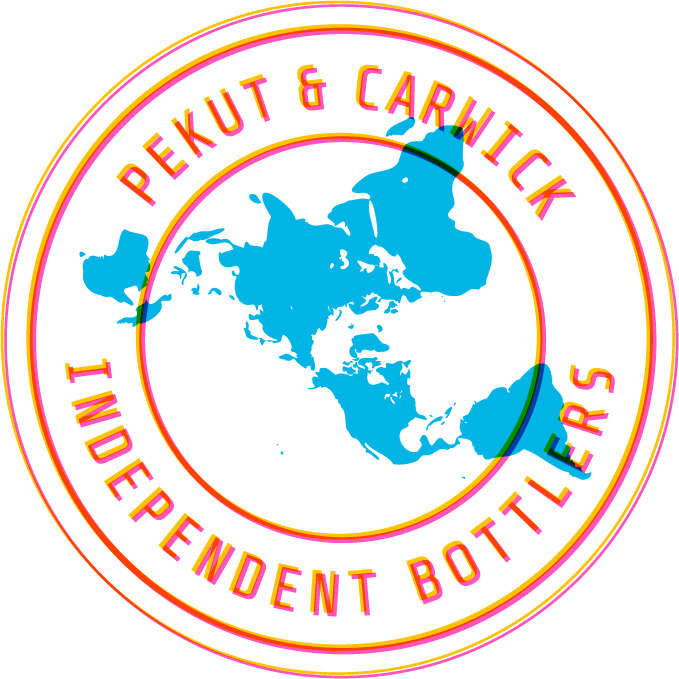We Are Not Alone! A Rant

Last week we were flipping through a reputable craft spirits industry publication, keeping our eyes peeled for topics we are passionate about, like how the spirits industry can do better from a sustainability standpoint. We read a large spread about US-based craft rum distillers. Many companies were mentioned, and the high quality of US cane and the resulting rum were touted, but there was no mention of sustainability. None! We blinked, we double checked—yup, no mention.
We moved on to an article about packaging in the spirits industry. Here, we thought, must be some mention of companies moving towards less wasteful packaging, better supply chains reducing carbon emissions, something—but no. Foiled again! This article was mostly about how to brand a product with glossy packaging and clever marketing, nary a peep about how all that packaging—glass, shipping rates, the cost that fancy branding, the raw materials—affects the environment, the product, the consumer. We had questions.
We’re not naming this publication because actually, they’re one of the good guys. They advocate for craft spirit companies like us, and we appreciate and benefit from the work they do. But we were frustrated and, if not shocked, certainly disappointed. We had more questions.
We know we're not alone in our mission to improve sustainability and ethics in the distilled spirits industry. All you have to do is google “sustainable spirits,” and the bots will point you to other companies who, like us, are taking steps to address the impact their products and processes have on the environment. They're planting trees in threatened forests. Partnering with local farmers to ensure fair wages and local economic growth. Offering spirit refills in soft pouches, so you can reuse your fancy bottle over and over again.
Why was there no mention of these companies?
Like always, there are more questions than answers here. Somehow, the growing conversation about global sustainability has permeated almost every industry except for distilled spirits. Even oil companies greenwash. We suspect that craft spirit margins and maintaining market share is only part of the reason. Consumer consciousness can constrain bad industry attitudes, but at the end of the day, US consumers still have Prohibitiion-era blinders on about booze. To quote one of my favorite email essayists on the topic, Americans can't seem to find any nuance between "how cheap can I get drunk?" and "people who drink are bad, devious people".
That's also why, even with all the "grain-to-glass" marketing out there, our concept of beverage alcohol is strangely divorced from the fields that produce grain and cane, the people who grow them, the factories that produce the glass, and the shipping networks hauling supplies from continent to continent. We malign chemicals in lipsticks, pesticides on strawberries, migrant laborers forced to pick lettuce in hazardous conditions, and soaps that pollute our water supply. But we still can't get over the glossy marketing, the quick buzz, and the morality tale of demon drink.
On the bright side, we take the overwhelming industry silence on sustainability and ethics as a sign that:
- We’re doing the right thing.
- There’s more work to be done.
Perhaps, as we grow our own brand, other companies will take note. Perhaps, one day, the work we’re doing will be recognized as necessary, and not just another marketing ploy to lure eco-conscious consumers into giving us their money (I mean, still give us your money...).
We’ll keep you posted on our progress. You can do your part by supporting us (shameless marketing ploy) and supporting other spirit brands also taking steps towards responsible spirit production. Together, as corny as it sounds, we can make a difference.
